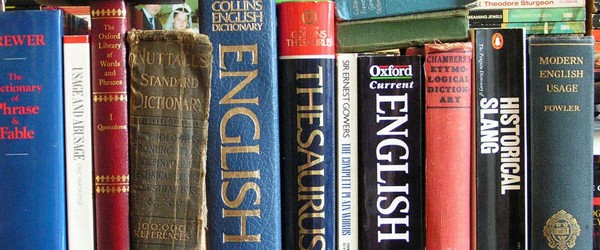In June 1916, my great-grandfather, Boota Khan, decided to return home to Punjab on a family visit with his wife Betsie and their five young children. But this presented a problem for Boota. He had migrated to the British colony of Victoria in the early 1890s, when the Australian nation did not exist. Boota was a hawker, who worked the streets of Melbourne with his cart, selling fabric, needles, thread and other goods. Boota was a hardworking practising Muslim. He fell in love with my great-grandmother on her mother’s front doorstep. They married, she converted to Islam, and they had a family.
In 1916, while Boota was forty-six, Australia was just a kid, only fifteen years old. But the child held power over Boota: the Australian government’s first act of business had been the Immigration Restriction Act, a colour bar set in legislation to discriminate against people such as Boota. The Australian constitution of 1901 granted no genuine human rights, while actively denying them to particular groups, as Boota would come to experience.
In recent months, it has been well publicised that the Australian constitution failed to recognise Aboriginal people. But this is only part of the story. By deciding not to count Aboriginal people in the national census, the Commonwealth was able to abrogate responsibility for their rights and welfare. We would remain bound within the residual powers of state governments. In Victoria, this meant that Aboriginal people would remain subject to the infamous Aborigines Act – more commonly known as the ‘Half-caste’ Act – which sought to exterminate Aboriginal people, with the aid of legislation and the forced separation of families.
It would not be until 1967, just fifty years ago, that a successful referendum campaign resulted in the Commonwealth taking responsibility for Aboriginal people, enacting legislation supposedly for the benefits of affected communities. Recently, some Aboriginal leaders, backed by a slick multi-million-dollar campaign underwritten by the Commonwealth, have sought formal recognition within the same constitution. The campaign has been actively opposed by many Aboriginal communities, particularly in Victoria, where a call for sovereignty and formal treaties has been widely supported.
The constitution is a racist document: it has historically discriminated against not only Aboriginal people, but also women, LGBTIQ folk, migrants, refugees and the democratic process itself. While the White Australia policy, underpinned by the Immigration Restriction Act, ended with the election of the Whitlam Labor government in 1972, the constitution has adhered to its original brief: to deny or restrict the rights of those deemed unable to conform to the ideal of white citizenship. It is the constitution that allows the Commonwealth to imprison asylum seekers in offshore detention centres. And it is the constitution that allowed the Commonwealth to stage an ‘intervention’ in the Northern Territory, resulting in widespread human rights abuses of Aboriginal people for the past decade.
In 1916, my great-grandfather, desperate for his wife and children to see the place of his birth, feared that a visit to Punjab would disqualify him from returning to Australia with his own family. He could be denied re-entry, or find himself subject to the notorious dictation test, which could be applied using any language that an immigration official saw fit to apply. (Boota’s English was very good, his Mandarin less so.) In order to avoid the dictation test, Boota wrote to the Immigration Department; in his letter he ‘begged to apply’ for an exemption from any immigration restrictions on his return to Australia. He was required to supply six photographs of himself along with a handprint. He also supplied references from two ‘reputable citizens’, both of whom had known Boota for more than fifteen years. They both attested to his good character, sobriety and work ethic.
Boota successfully re-entered Australia with Betsie and the kids. But his original exemption only covered a two-year period; any time he wanted to leave the country after that had expired, he had to subject himself to this humiliation.
I was fortunate to know my great-grandmother. She died when I was nine years old. She was a tough and proud woman. Her loving husband was a quiet, spiritual man, whom the nation sometimes treated as a child and, at other times, a detested foreigner. Thinking about the recognition campaign, and the humiliation suffered by Aboriginal people and migrants such as Boota Khan, I wonder why any group or individual would seek formal recognition in such a document. The Australian constitution should be torn up and rewritten as a bill of universal human rights.
I do expect such an outcome, in either the near or distant future. In the meantime, I will nurture my lack of recognition.
Read the rest of Overland 227
If you enjoyed this piece, buy the issue




